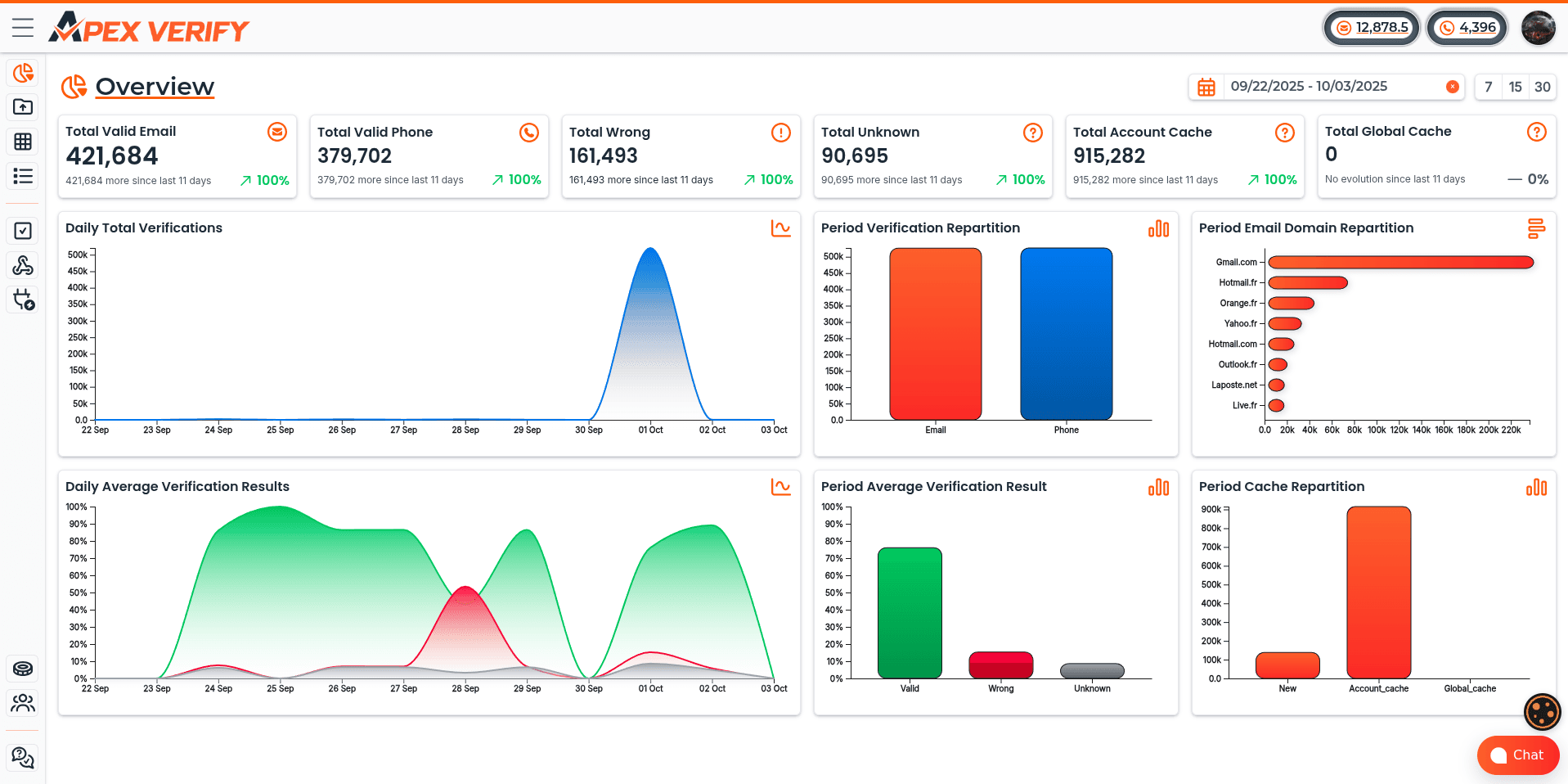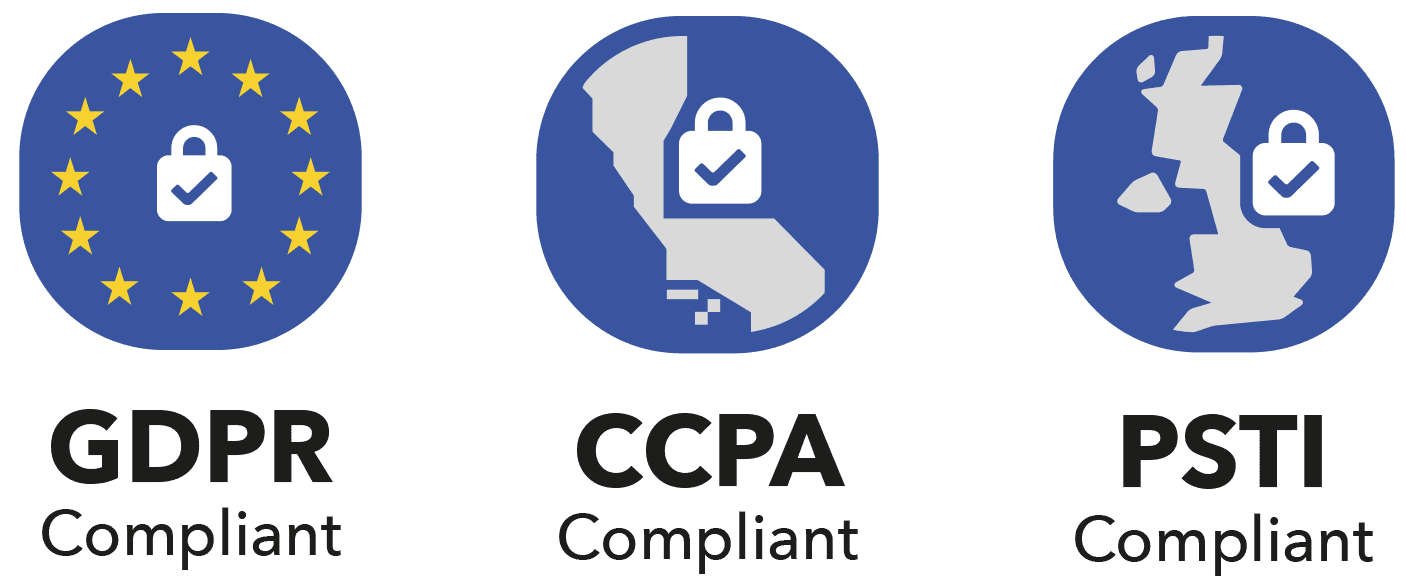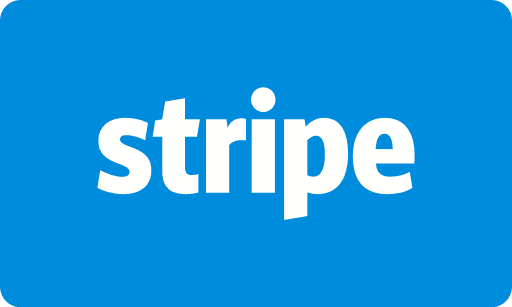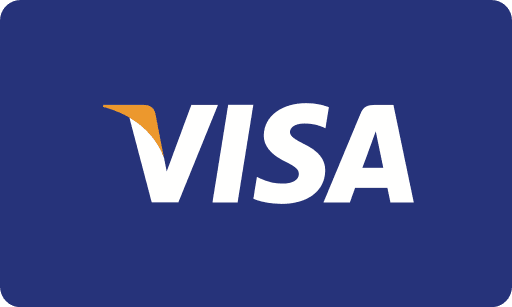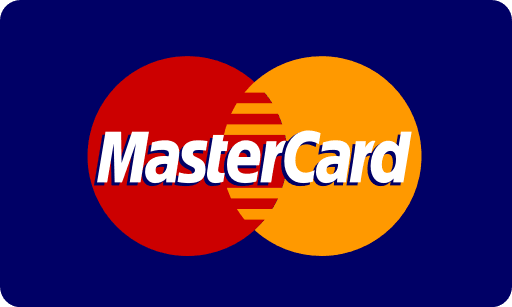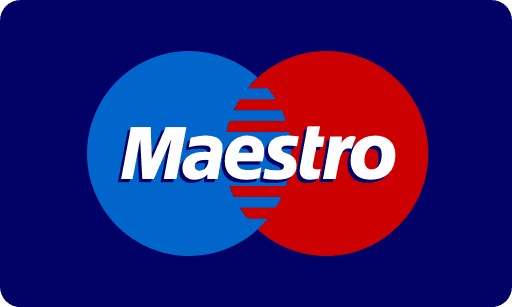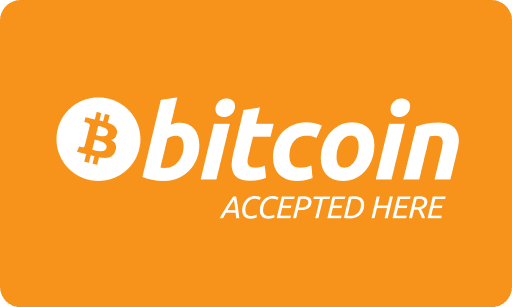
Phone Number Verification : Verify Any Phone Number Online
Phone number validation and verification services built on industry-leading standards. Delivering accurate and real-time results for your calling campaigns. Phone number verification has become an essential component of modern digital security protocols. By confirming that users possess the phone numbers they claim, businesses can significantly reduce fraud, enhance user authentication, and maintain data integrity.

Verifying your data is fast, cheap, and simple.
1. Upload: Upload your data with confidence, protected by advanced encryption and security that meets the standards of the world’s largest enterprises.
2. Verify: Our system automatically verify provided data using advanced algorithms and top notch industry verification protocols.
3. Download: Instantly download your cleaned, normalized, and verified data, ready for campaigns, outreach, and CRM import.
How does phone number verification work?
1. Connect to the dashboard interface with your preferred access provider, and enjoy 25 free phone number verifications so you can try our verification service for free and with no commitment.
2. Import your phone number lists in one click from the import interface and start the verification. You can also verify numbers one by one to understand the results and how our service works.
What Is Phone Number Verification and Why Does it Matter?
Phone number verification is the process of confirming that a user has access to the phone number they've provided.
This verification serves as an additional security layer beyond traditional username and password authentication, creating a more robust identity verification system.
The verification process typically involves sending a one-time code to the user's phone, which they must enter on your platform to prove possession of the device.
This simple yet effective method has become standard practice across industries ranging from banking to social media.
Common Phone Verification Methods
Several methods exist for verifying phone numbers, each with distinct advantages and use cases. Understanding these options helps you select the most appropriate verification method for your specific requirements.
SMS One-Time Passwords (OTP)
The most common verification method used is sending a unique numeric code via SMS that the user must enter to verify they are the owner of the phone number.
SMS OTP is widely accepted as a verification method due to its ease of use, familiarity, service availability in practically all countries / regions and all mobile networks.
SMS offers a simple user experience, but SMS delivery can be affected by spam filters, network delays or, less commonly, poor signal (although generally global SMS connectivity is improving).
Nevertheless, SMS OTP is still the most widely used method to enable user sign up, authentication and transaction safety.
Voice Call Verification
An automated system in this strategy dials a phone number and verbally communicates the verification code.
Voice call verification provides a solid alternative when SMS cannot be delivered, is unavailable, or is blocked in specific geographies.
It also increases accessibility for users who might find it hard to use text messaging or may prefer to have the verification code communicated to them audibly rather than through text message.
While cost is usually higher, voice verification is regarded as being more robust and valuable in markets where SMS reach is inconsistent.
Flash Calls
Flash call verification relies on contacting the user’s device with a brief, automated call that automatically disconnects before the recipient can actually answer it.
The verification is completed once the calling number (CLI) is recognized, and it does not require any action from the user, i.e. they do not have to enter a code manually.
Flash calling is a fast, smooth, user-friendly method of verifying users since it requires limited interaction from the user beyond the action of receiving the call.
In addition, it can be cheaper to use than SMS in some locations.
However, depending on the specific context to which Flash calling applies, reliability can vary considerably based on the geography regulations around telecommunications, caller ID visibility, and how user devices identify flash calls.
HLR Lookup
HLR (Home Location Register) lookup checks a mobile number’s live status directly with the network, without contacting the user.
It confirms whether the number exists and is active, identifies the current carrier (including number porting), and can indicate roaming and reachability.
Use it to pre-filter invalid or risky numbers before sending SMS.
It’s fast and cost-effective, but coverage and data depth vary by operator/region, and results are indicative rather than a delivery guarantee.
Verifying Phone Numbers is a 3 steps process
Phone verification isn’t a one-size-fits-all task either. Multiple layers of checks ensure accuracy, deliverability, and fraud prevention.
1. Format & Numbering Plan Validation (Syntax Check): This is the most basic step, confirming whether the phone number follows proper international dialing standards. It checks against the E.164 numbering plan to ensure the number is well-formed and valid in its country. Checks include:
- Presence of country code (+1, +44, etc.)
- Correct number length for the country
- Absence of invalid characters or sequences
- Compliance with international formatting rules
Think of it as the spell-check for phone numbers, it catches obvious errors, like a missing digit or wrong country code, but can’t yet tell you if the number is active.
2. Carrier & Line Type Validation (HLR Lookup): This step queries the mobile network’s Home Location Register (HLR) to confirm the number’s current status. It reveals whether the number is active, inactive, or unreachable, and identifies the current carrier, even if the number has been ported. Checks include:
- Carrier and country of origin
- Line type (mobile, landline, VoIP)
- Active vs. inactive vs. disconnected numbers
- Roaming status and portability history
It’s like checking if a physical address not only exists but is still in use and hasn’t been abandoned.
3. Real-Time Verification via SMS/Voice Challenge: The most conclusive layer is an active challenge, typically sending an SMS OTP, placing a voice call with a code, or using flash call detection. This directly confirms that the user can receive and interact with the verification request on their device. Checks include:
- Delivery success/failure of SMS or call
- User’s ability to receive and respond to OTP/flash call
- Detecting blocked or unreachable numbers
- Preventing fake sign-ups and fraud
This is the digital equivalent of knocking on the door to confirm someone is actually home, not only that the house exists.

Trusted by thousands of company worldwide
Across startups, scale-ups, and global enterprises, thousands of teams trust our platform to keep their data accurate, compliant, and ready to use. They choose us for results they can measure: fast verification at scale, precise results, and simple three‑step process: upload, verify, download.
Benefits of Phone Number Verification
Phone number verification is more than a security measure, it enhances compliance, reduces fraud, and strengthens trust between you and your users.
1. Fraud Prevention
Phone verification creates a substantial protection against fraudulent accounts and transactions.
By making access to a physical device a requirement, you greatly reduce exposure to automated bot registrations and account takeovers.
Research indicates that the inclusion of phone verification can reduce the chances of fraud by up to 50% to protect not only your company, but also your honest users from danger.
2. Regulatory Compliance
Many industries have strict obligations concerning user identification with respect to user identity validation.
Phone verification can confer significant relief with respect to compliance, especially for industries like financial services, healthcare, and online gambling.
Regulatory transformations such as KYC (Know Your Customer) and AML (Anti-Money Laundering) usually expect strong identity verification, and phone verification is a vital component of a well-rounded solution.
3. Enhanced User Trust & Reputation
When users see that your platform takes security seriously, it builds confidence in your service.
Phone verification signals to users that you're committed to protecting their accounts and personal information.
4. Reduced Support Costs
By preventing unauthorized access, phone verification reduces account recovery requests and fraud-related support tickets.
Lowering your customer service costs while improving the overall user experience.
Comparing Phone Verification Providers
When selecting a phone verification provider, consider factors beyond just price. Delivery rates, global coverage, and technical support can significantly impact your verification success rates and overall user experience.
| Provider | Global Coverage | Price Per Verification | Delivery Rate | API Features | Best For |
|---|---|---|---|---|---|
| Twilio | 200+ countries | $0.05 - $0.10 | 98% | Comprehensive | Enterprise solutions |
| Vonage | 190+ countries | $0.06 - $0.12 | 97% | Advanced | Global reach |
| MessageBird | 185+ countries | $0.04 - $0.09 | 96% | User-Friendly | Developer experience |
| ApexVerify | 220+ countries | $0.015 - $0.0036 | 99.99% | Advanced | Worldwide Solutions |
Make Phone Verification a Key Part of Your Business Strategy
Phone number verification has become an essential component of modern digital security strategies.
By implementing robust verification processes, businesses can significantly reduce fraud, improve user trust, and meet regulatory requirements while maintaining a positive user experience.
As verification technologies continue to evolve, the balance between security and convenience will improve further, making phone verification an increasingly seamless part of the user journey.
Whether you're running an e-commerce platform, financial service, or social network, implementing phone verification is a critical step in protecting both your business and your users.
Frequently Asked Questions
How much does phone verification typically cost?
- Phone verification typically costs between $0.005 to $0.10 per verification, depending on the country, volume, and supplier. Many will also have volume discounts for businesses with larger verification requirements. Some verify phone numbers for free based on low-volume or development services.
Is phone verification secure enough on its own?
How can I improve verification success rates?
What are the privacy implications of phone verification?
Does the target number receive a notification when using your verification service?
Can your service verify landline numbers?
What is HLR lookup and why is it important?
Can HLR lookup identify roaming or ported numbers?
How does phone verification improve fraud prevention?
Is HLR lookup legal and GDPR-compliant?
What phone formats are supported?

Boost your productivity now by start using our email & phone number verifiers.
Enjoy 100 email & 25 phone verifications upon new account subscription to test our email and phone number verification software. There is no engagement by using the free credits to test our products. Verify now and profit, simply !
